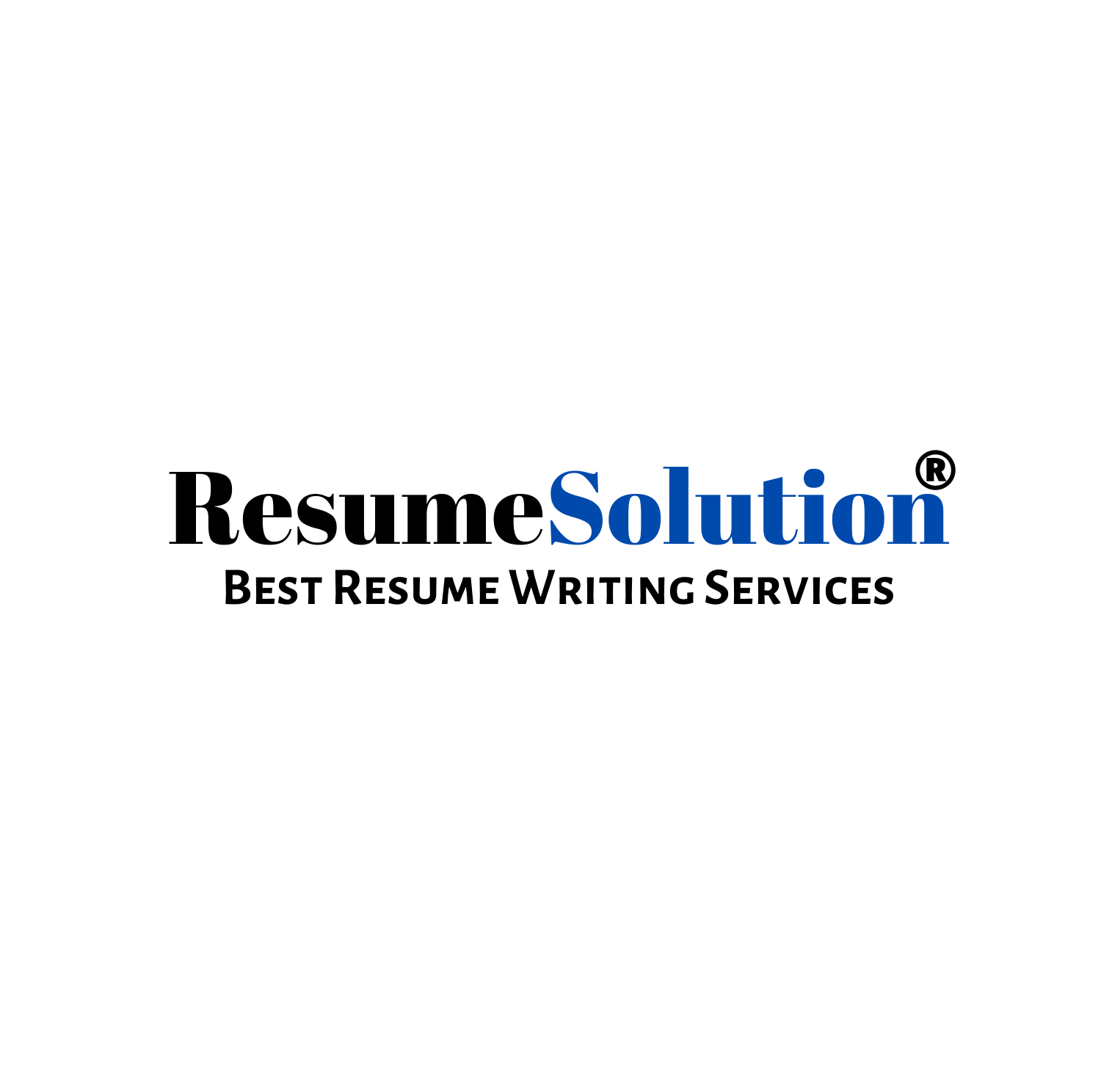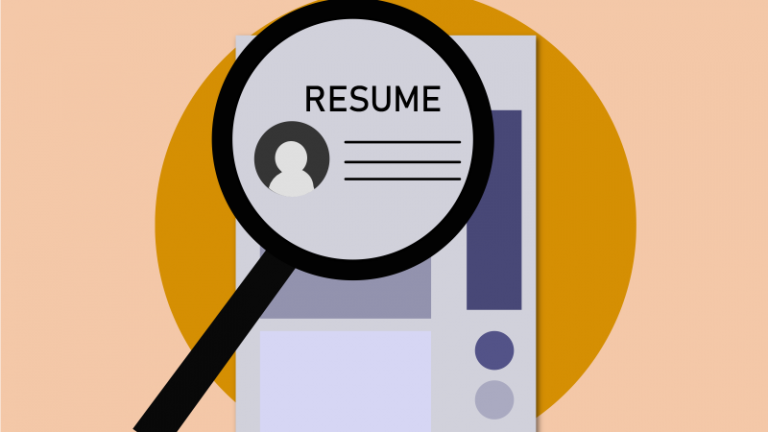What not to include when you’re writing a resume?
There are several different resume types you may use while writing one, including chronological, functional, and targeted resumes. But there are several standards that the majority of resumes should adhere to, regardless of the style you choose.
The following advice outlines what you shouldn’t put on your resume.
Avoid to add non-professional Email address
At the identification area at the beginning of your resume, provide your name, address, phone number, and email address. You may also use one of these alternative salutations. Use a business-related email address. (i.e., johnsmith@gmail.com rather than choclatelover@hotmail.com).
Objectives
This paragraph is not required. If you want to add a resume objective, make sure it is succinct and clear. Describe the position or industry you are interested in, as well as the goals you have for it. A resume profile, which is another optional element, contains an overview of your abilities, experiences, and objectives and is created especially for a job ad. Here is further advice on how to style a resume’s education section and what to include.
Avoid to add diploma
Add your education, stated in reverse chronological order (with the most recent degree listed first).
Provide the names of all the institutions, their locations, and the graduation date (or expected date of graduation).
Include your major and minor subjects, your GPA, and any accolades, publications, or projects, if appropriate, in addition to your GPA.
Do not mention your high school diploma unless you are still enrolled in high school.
Generic resume
Everyone has seen the generic resume purpose statements that claim that the professional is “searching for chances that will allow me to leverage my skills.” Because it makes it difficult for prospective employees to comprehend the kind of position you’re looking for and why you’re qualified for it, this ambiguous remark is a waste of space on your resume. A professional summary, sometimes referred to as a “career summary,” that communicates your opening statement should take the place of your standard objective argument. Summarise your relevant credentials and professional accomplishments in three to five lines to demonstrate why you’re a suitable fit for the position you’re pursuing.
Avoid to add multiple phone numbers
The days of including your whole mailing address on your resume are long gone. In fact, until you can supply a residential address, we advise eliminating any location information if you’re attempting to relocate for work. Include your city, state, and zip code if you’re looking for a job in the area to prove to the potential employer that you’re a native applicant. As it is not required at this point in the hiring process, including your physical address would take up additional space and pose a security risk (just think of all the locations where you might upload or post your resume—hello, identification fraud!).
It is more likely that you will overlook crucial communication from a potential employer the more contact information you include on your resume. Simplify your contact details to avoid any confusion. Your CV should only contain one phone number. I advise giving out your mobile phone’s number so that you may decide who takes calls and when, as well as the voicemail that is left.
Wage information
It’s not a good idea to include your wage information in your résumé when searching for a job. If you provide accurate information, you run the risk of having your starting salary undervalued. If you lie about your previous wages, you run the risk of being fired for lying. In reality, as of April 2018, there are nine locations in the United States where managers aren’t allowed to inquire about your recent or past earnings. Avoid including this kind of material in your resume at all costs.
Eliminate references
It’s time to eliminate all references to high school from your resume if you’ve recently entered the workforce. You can simplify the specifics of your education experience once you’ve worked for a while in the field you want. If you are further along in your career, only include the last 15 years’ worth of employment history information. Anything older can be skimmed over in a career comment or a condensed “Previous Career Background” section. In addition to being less relevant because it occurred so long ago, providing this information makes it difficult to adhere to a proper resume length and exposes your application to discriminatory practices.







